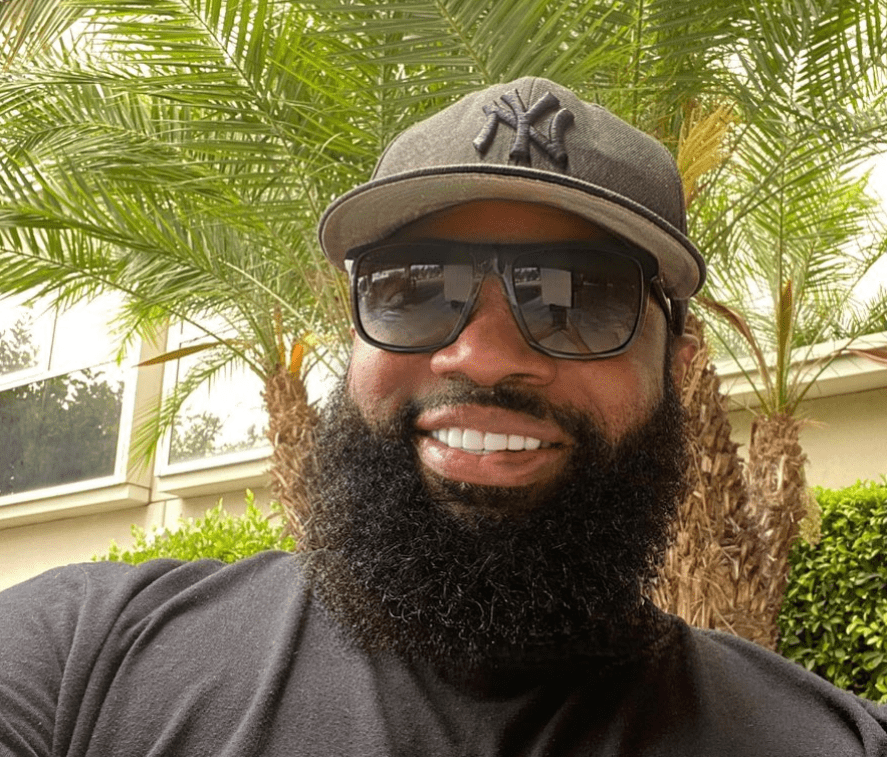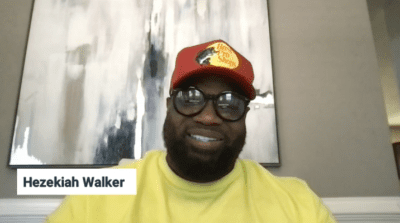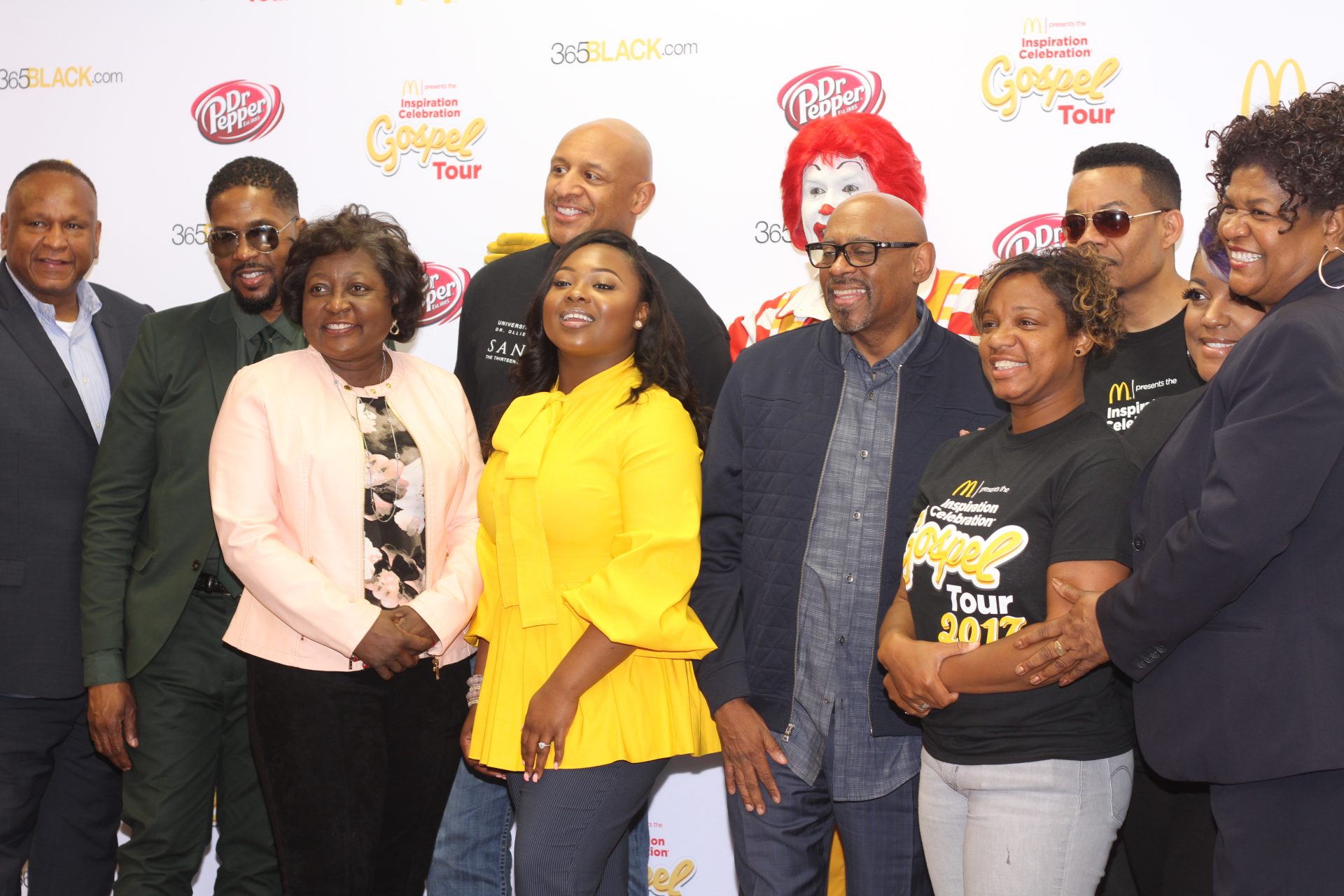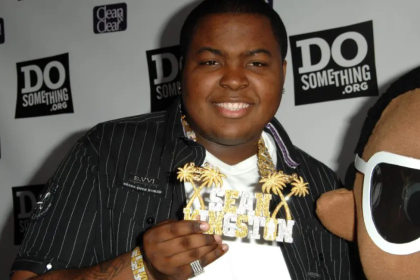
It’s been eight years since leading industry entertainment attorney James J. Walker Jr. Esq. filed a lawsuit against music giant Sony BMG. In the gospel literature, the number eight means new beginning. This philosophy has never been truer than now.
Walker and Sony BMG have settled a 2005 lawsuit alleging that Verity Records, Provident Distribution, Zomba and Max Siegel “tortuously interfered with contractual relationships that the law firm had with dozens of artists.”
There were rumors that Walker, who represented Grammy-winning artists Hezekiah Walker, Donald Lawrence and Twinkie Clark, and others, “was banned from the Sony building. It was stated that his tactics were too aggressive and he wasn’t a good attorney,” Walker remembers.
These potentially career-damaging allegations have been proven untrue. In fact, Walker works on behalf of artists to ensure they aren’t exploited and are adequately compensated for their creativity. One particular hot-button issue that spawned this lawsuit was failure to compensate artists for the platinum-selling WOW Gospel compilation album series. Honorariums aren’t offered because albums are deemed “promotional.” The WOW Gospel franchise is one of the bestselling series in Gospel, garnering a billion dollars in sales since its first release in 1998.
James claims the label intentionally omitted the firm’s name on album credits, defamed the firm and refused to pay artists their due for use of their copyrights and intellectual property.
“Hezekiah Walker released a compilation album called, Hooked on the Hits. I had four songs on the album that I did administration for including ‘I Need You to Survive,’ ‘Power Belongs to God’ and ‘Second Chance.’ My name was nowhere on the album. It’s vital for the credit to be on the album; the omission affects future opportunities,” he avers.
Walker penned The Business of Urban Music: A Practical Guide to Achieving Success in the Industry, from Gospel to Funk to R&B to Hip-Hop to educate his clients.
Gospel hip-hop artist Crowne Royel (Heart Surgery) and Vincent Lott (Just Like My Father) have both read the guide.
Royel says, “To know that someone is fighting for the artists makes me confident. I am fresh to the music business. After reading James’ book and talking to artists, I understand that you need to protect yourself and have someone to well represent you.”
Lott adds, “Connecting with James is divine. My wife and I can see James’ integrity and we really saw his heart. He has a heart for artist. He’s extremely professional. He has really been looking out for her.”
“I want to push home the point that artists have the right to pick who they want to represent them. It is rare to see lawyers as plaintiffs. But when it gets to a point where artists are afraid to file a suit or take legal action, then we have to take a stand. This is the just the beginning. We have to really undo the way the industry does business with gospel artists. The industry with gospel artists today is where hip-hop was in the 80s,” James shares. “We have to make sure the contracts are written in a certain way where artists are not continually in debt. Veteran artists Kirk Franklin, Donnie McClurkin, Fred Hammond are still in debt to the labels [i.e., locked in contracts] because they are ‘un-recouped.’” To be ‘un-recouped’ under a recording agreement means that an artist has received an advance but has not yet earned monies equivalent to the advance.









